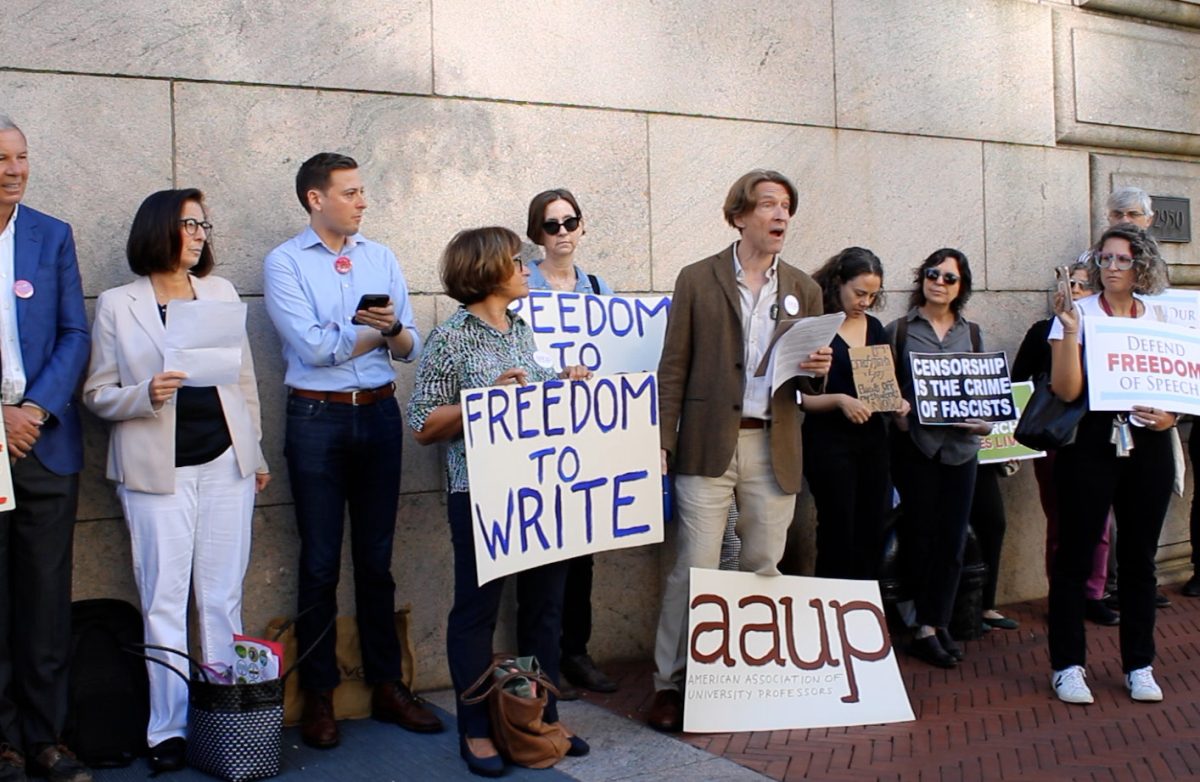
Hamilton’s Student Assembly is currently in the process of drafting the Residential Life Resolution Legislation, which calls for greater accountability and transparency in administrative decisions involving housing and social spaces. This resolution is spear-headed by Harry Dubke ’19, in response to what he perceives as a lack of institutional acknowledgement of student concerns, particularly after the closing of the Eells and Co-op basements.
The current resolution contains three main parts. Article One seeks to create a process whereby Residential Life changes should be published in a public record that also includes the considerations that went into making each particular decision.
Article Two hopes to create a mechanism for student involvement in the decision-making processes. This entails the establishment of a 3-person committee of students to work in conjunction with the office of Residential Life as representatives of the larger student body.
Article Three calls for the creation of themed housing so as to offer more diverse options to students that can fit their specific needs. By enabling like-minded individuals to co-habitate, this article hopes to combat the issue of student isolation on campus.
When the Student Assembly came to order last week, there was much debate over whether this bill should focus on accountability or transparency. Marquis Palmer ’18 expressed concern that the resolution’s language was not strong enough, and that, if passed, it would do little more than beseech the administration to hear students’ suggestions, without requiring them to take this feedback into consideration. He argued that although transparency is a prerequisite to accountability, it cannot supplant the latter. Zach Oscar ’18 raised a counter-argument, asking the question of how much power in these decisions the student body can realistically ask to have.
By framing Article One around the language of transparency, Oscar felt that the resolution would be more realistic.
Palmer agreed with Oscar’s premise, but acknowledged that a compromise needed to be made whereby students would have some sort of “concrete, institutionalized power,” even if this did not translate into having final say in decisions.
In the spirit of greater partnership with the administration, the Director of Residential Life, Travis Hill, was invited to this week’s meeting of the Student Assembly. He spoke of his dedication to ensuring that Hamilton provides a diversity of housing options that meets the needs of all students.
However, he noted that decision-making is a complex process that requires the balancing of many factors, which makes it difficult to accommodate all suggestions. Responding to the proposed resolution, he expressed willingness to have a student subcommittee for housing decisions.
He also responded to the resolution’s call for greater transparency, providing a list of the decisions made by his office from the years 2015 to 2018 which also included an explanation of how these decisions were formulated. The Student Assembly thanked Travis Hill for coming and for his willingness to incorporate student voices in the decision-making process.
The proposed resolution has yet to be passed, but the Student Assembly is currently looking at Dec. 15 as a potential deadline. Students who wish to weigh in on this bill can take advantage of the public comment period of the Assembly meetings, which occur on Mondays.

















